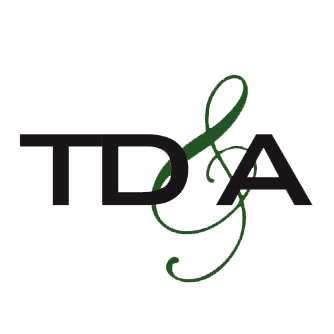TRUST ADMINISTRATION
At Tresp, Day & Associates, Inc, our trust administration attorneys administer your trust efficiently and expeditiously. We represent Trustees and Fiduciaries of all types of trusts to ensure legal compliance and dispute-free administration. As the Successor Trustee for someone else’s trust, you should seek legal advice to ensure you meet all of your fiduciary obligations to avoid any personal liability.
While trust administration is much easier and less time consuming than probate, there are still legal obligations that need to take place when someone who has a trust passes away. We understand that some estates are complex due to the number of assets, taxable status, or beneficiary status. Our highly-experienced and nationally-recognized trust attorneys are dedicated to providing the personal care and individual attention you need when preparing or administrating your trust.
Trust Distributions
Our experienced attorneys will assist you in determining the correct form and timing for making distributions according to the terms of a trust. For example, in some cases where the deceased has a surviving spouse, the trust might call for all income to be paid to the spouse and principal only to be paid to the spouse in certain circumstances. When the surviving spouse passes away, the principal that remains is distributed to their children or other listed beneficiaries.
The trust also might require a “trust split” into an “A” trust and “B” trust. Further, trusts usually have instructions as to how to decide how to split assets among beneficiaries: do all beneficiaries need to split each asset equally? Can equalizing distributions be made if one beneficiary wants a specific asset, like a house? Additionally, tax considerations, such as property tax reassessment exemptions, may be at issue, depending on the beneficiary. Experienced legal counsel can advise you, the Successor Trustee, on how to make distributions according to the deceased person’s wishes and terms of the trust.
Fiduciary Functions
If you are named as Successor Trustee, you have fiduciary duties to all of the trust beneficiaries. For example, as a fiduciary, you may be required to provide a tax statement to all beneficiaries on an annual basis. As the fiduciary, you can be held personally responsible for not any interest or penalties for failing to file a tax return or any other lapses in fiduciary responsibilities. Tresp, Day & Associates, Inc., can advise as to your exact responsibilities and ensure that you are meeting all of your obligations to beneficiaries of a trust you are administering.
Principal & Income
Trusts often distinguish between principal and income distributions. Most trusts distribute income to a particular person at one time, then the principal to that same person or a completely different person at another specified time. Experienced trust lawyers can assist you in determining which types of trust assets can be distributed to which beneficiaries.
Administration of a Trust Once Terminated
Termination of the trust is determined when a beneficiary passes, reaches a specified age, or a predetermined date specified in the original trust. In some states, a petition must be filed in court before any distribution to the beneficiaries begins. Our trust administration attorneys strongly recommend having all the beneficiaries sign and acknowledge receipt of any assets due, and ultimately distributed, to them even if one isn’t required by the court.
If you and your family need a trust for your family estate or if you have an existing trust needing administration, please contact Tresp, Day & Associates today. Our trust administration attorneys are ready to work closely with you and your family during this complicated and stressful process. Please call our office to schedule a consultation at (858)755-6672.

